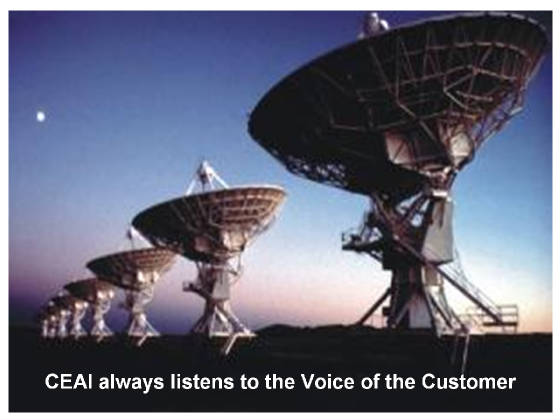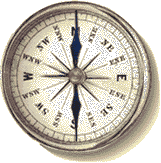|
|
.
. . . A U.S. Patent Law Tutorial . Concepts and Guidelines
to Protect Your Intellectual Property . Safely
Navigating A Sea of Risks . ____________________________________________________________ . . . 1.0
Types of Intellectual Property .
1.1 Patents .
1.2 Trade Secrets .
1.3 Trademarks .
1.4 Trade Dress .
1.5 Copyrights . . . 1.1
Patents . Grants
an inventor the right to exclude others from making, using, offering for sale, or selling the patented invention in the United
States, or importing the invention into the United States. . . . . 1.1.1
Utility Patents . These
apply to functional aspects of process/method, machine, article of manufacture, or composition of matter. Lifespan: 20 years from the filing date. . Examples
include: . . ♦
A process or method for producing a useful, concrete, and tangible result (e.g., computer software, a new e-business model,
a process for manufacturing something previously made by hand). . ♦ A machine (e.g., something with moving
parts or circuitry, such as an engine, a new kind of printer, etc.) . ♦ An article of manufacture (e.g.,
garden tools, containers, a tire). .
♦ A composition of matter (shampoo, soft drinks, drugs). . . . 1.1.2
Design Patents . These
apply to ornamental design. . Lifespan:
14 years from the filing date. . . . 1.1.3
Plant Patents . These
apply to biological (plant) lifeforms that are novel and non-obvious. . Lifespan:
20 years from the filing date. . . . . 2.0
Essential Aspects of Patents .
2.1 Concept development must be documented (lab notebook) .
2.2 Documentation must be accompanied with signatures and dates and witnessed. .
2.3 Confidentiality must be protected (Non-Disclosure Agreements) .
2.4 A legal Patentability Review may be appropriate .
2.5 Commercialization begins after Patent Application is filed (three year possible wait) .
2.6 "Patent Pending" has no legal affect, but does provide notice of pending application. . . . . 3.0 Utility Patent
Intellectual Property Components .
3.1 Abstract .
3.2 Background of the Invention .
3.3 Brief description of the illustrated figures .
3.4 Detailed description . 3.5 Claims (invention definition, used for Patent Infringement from other parties) . . . 4.0
U.S Patent Information Resources .
4.1 United States Government (www.USPTO.gov) .
4.2 Tampa Bay Inventor's Council --(www.TBIC.us) . . . . . 5.0
Trade Secrets .
5.1 Must be kept SECRET .
5.2 Protection is Indefinite .
5.3 No protection if the idea is re-engineered or idependently created .
5.4 A good example is the formula for Coca-Cola ® . . . . 6.0
Trademarks .
6.1 Must be kept DISTINCTIVE .
6.2 Candidates include Words, Names, Symbols, Sounds .
6.3 Federal registration is not required, but is recommended. .
6.4 The " ® " symbol can only be used for Federally registered trademarks. .
6.5 Use of "TM" or "SM" symbols do not require Federal registration. . . . . 7.0
Copyrights .
7.1 Protects "original works of authorship" .
7.2 Examples include art, literary, dramatic, music and software. . . . 8.0 Great Reference Sources . . . . .
. . . . 
|
Enter supporting content here


